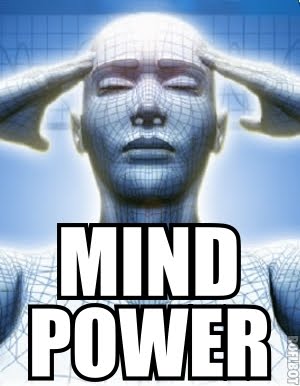Who's in your Mastermind Group?
"Ben Franklin believed that a group of like minded, achievement oriented individuals could dramatically levergae each other's success to do things otherwise impossible.
This was the basis for his Junto group."
In 1727, Benjamin Franklin convinced 12 of his friends to form a club dedicated to mutual improvement. Meeting one night a week, these young men discussed the topics of the day. The group lasted for 40 years and eventually became the nucleus of the American Philosophical Society.
Junto, pronounced who-n-toe, was a private forum for discussion and as a surreptitious instrument for leading public opinion. One of the functions of the group was to brainstorm publicly beneficial ideas.
Franklin described the Junto this way in his Autobiography
I should have mentioned before, that, in the autumn of the preceding year, [1727] I had formed most of my ingenious acquaintance into a club of mutual improvement, which we called the JUNTO; we met on Friday evenings. The rules that I drew up required that every member, in his turn, should produce one or more queries on any point of Morals, Politics, or Natural Philosophy [physics], to be discuss'd by the company; and once in three months produce and read an essay of his own writing, on any subject he pleased. Our debates were to be under the direction of a president, and to be conducted in the sincere spirit of inquiry after truth, without fondness for dispute or desire of victory; and to prevent warmth, all expressions of positive opinions, or direct contradiction, were after some time made contraband, and prohibited under small pecuniary penalties.
The results of the original Junto are still evident today as an integral part of American society. The Junto gave us our first library, volunteer fire departments, the first public hospital, police departments, paved streets and the University of Pennsylvania. They recommended books, shopkeepers, and friends to each other. They fostered self-improvement through discussions on topics related to philosophy, morals, economics, and politics.
In 1727, Benjamin Franklin convinced 12 of his friends to form a club dedicated to mutual improvement. Meeting one night a week, these young men discussed the topics of the day. The group lasted for 40 years and eventually became the nucleus of the American Philosophical Society.
Junto, pronounced who-n-toe, was a private forum for discussion and as a surreptitious instrument for leading public opinion. One of the functions of the group was to brainstorm publicly beneficial ideas.
Franklin described the Junto this way in his Autobiography
I should have mentioned before, that, in the autumn of the preceding year, [1727] I had formed most of my ingenious acquaintance into a club of mutual improvement, which we called the JUNTO; we met on Friday evenings. The rules that I drew up required that every member, in his turn, should produce one or more queries on any point of Morals, Politics, or Natural Philosophy [physics], to be discuss'd by the company; and once in three months produce and read an essay of his own writing, on any subject he pleased. Our debates were to be under the direction of a president, and to be conducted in the sincere spirit of inquiry after truth, without fondness for dispute or desire of victory; and to prevent warmth, all expressions of positive opinions, or direct contradiction, were after some time made contraband, and prohibited under small pecuniary penalties.
The results of the original Junto are still evident today as an integral part of American society. The Junto gave us our first library, volunteer fire departments, the first public hospital, police departments, paved streets and the University of Pennsylvania. They recommended books, shopkeepers, and friends to each other. They fostered self-improvement through discussions on topics related to philosophy, morals, economics, and politics.


No comments:
Post a Comment
Note: Only a member of this blog may post a comment.